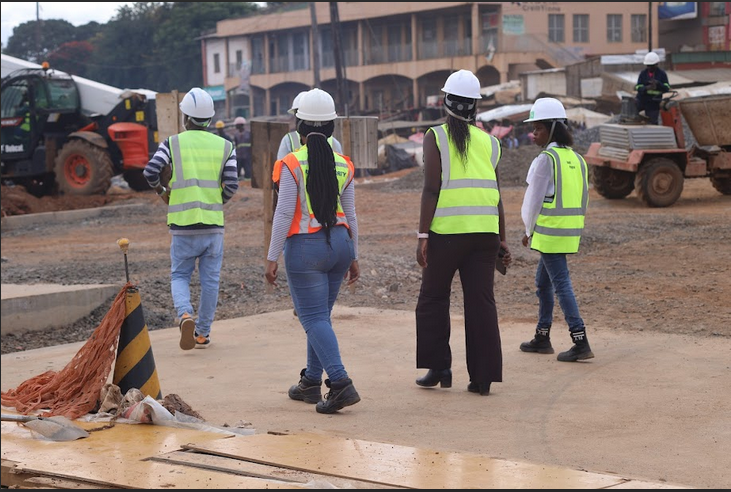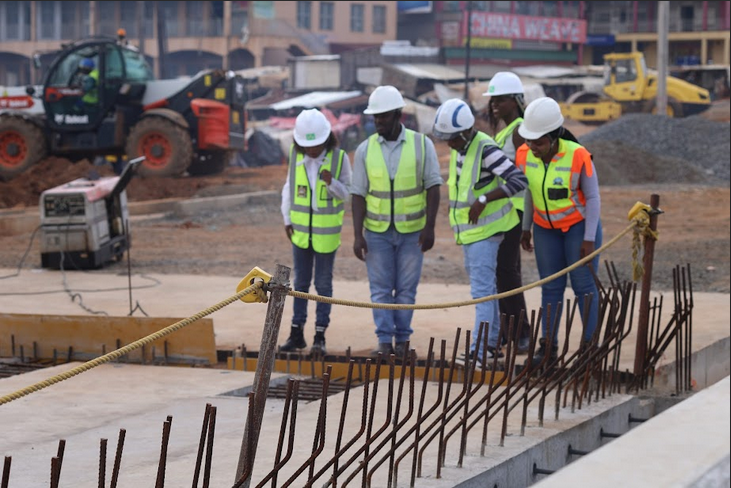The African Development Bank (ADB) and Roads Authority graduate trainee programme being implemented under the SADC Sub Regional Transport and Trade Facilitation project with funding from African Development Bank, Opec Fund and the Malawi Government has been described as a remarkable initiative meant to offer mentorship as well sa hands on experience to the trainees.
Programme has employed 20 graduate trainees, that have been placed at Roads Authority in civil engineering; Finance; Environmental; Social and Procurement departments where they are expected to gain skills and knowledge after which they will be deployed to site.
The SADC Sub Regional Transport and Trade Facilitation project stretches from Kaphatenga-Nkhotakota-Dwangwa road and is 135 km. The Project will improve connectivity and trade along the North-South Corridor in Malawi and Mozambique, particularly through the reconstruction of key road sections.
“Under the project, the graduate trainees are being offered numerous benefits, including structured training, career development opportunities, networking, and the chance to gain diverse experience and build a strong foundation for future leadership roles,” said Roads Authority engineer and coordinator for the Project, Patrick Kamanga.
The broad objectives of the Program are to provide the opportunity to acquire and develop the ability to work in an international environment, provide the Bank a pool of potential candidates in the future and enhance the visibility of the Bank and its development activities.
“My experience so far as a graduate trainee has been good. I am learning a lot,” said Thokozile Mseteka, a Social Science graduate who majored in demography. She added, “I aim to develop a comprehensive understanding of social safeguards and apply these frameworks effectively in my work.”
Environmental Management graduate Phoebe Msuku described the program as “both eye-opening and rewarding.” She shared, “It’s exciting to see how environmental management plays a critical role in infrastructure development and how theory translates into real-world action.
For James Kamkweche Lamya, who holds a degree in Social Science (Economics), the program has been enriching. “It has broadened my understanding of infrastructure development and its economic impact. The support from colleagues and supervisors has significantly contributed to my growth.”
Technical Assistant for the Project Wilson Sumani said the program offers hands-on experience, while bridging the gap between theoretical knowledge and preparing the trainees for the practical experience.
“Some of the trainees might be absorbed into RA, while others might get lucky and find jobs from other institutions. As an implementor, our main objective is to prepare the trainees for the industry,” he added.
The policy of the Government of Malawi (GoM) towards the roads sub-sector is to build, maintain and ensure efficient utilization of the road infrastructure and other services appropriate to meet the current and future development needs of the economy. The M005 Road is one of the primary overland transportation corridors in Malawi. In this regard, the Government of Malawi through Roads Authority (RA), with support from the African Development Bank (AfDB), is planning to rehabilitate M005 road section of Benga to Dwangwa in Nkhotakota District.


